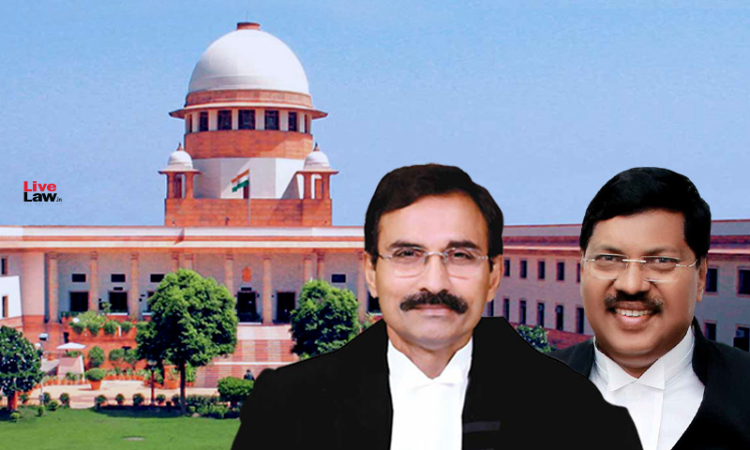105th Constitutional Amendment Act Is Prospective In Nature : Supreme Court In Vanniyar Quota Case
LIVELAW NEWS NETWORK
31 March 2022 7:03 PM IST

Next Story
31 March 2022 7:03 PM IST
In its judgment holding that the Tamil Nadu law providing internal reservation of 10.5 % to the Vanniyar Community under the category Most Backward Classes is unconstitutional, the Supreme Court held that the Constitution 105th Amendment Act is prospective in nature.The bench comprising Justices L Nageswara Rao and B R Gavai rejected the contention that the Constitution 105th Amendment Act...
